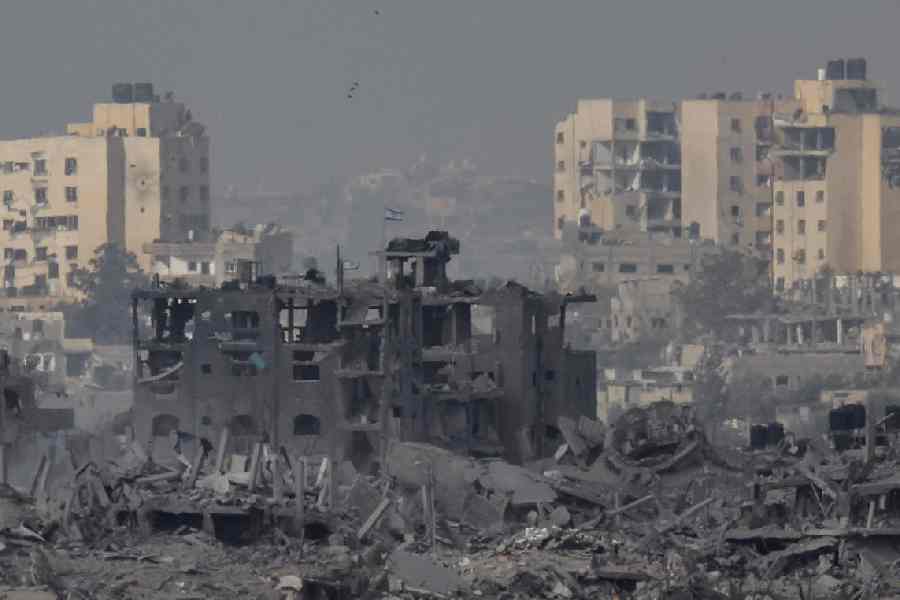Israel and Hamas have agreed to a four-day cease-fire after more than six weeks of fighting to facilitate the exchange of hostages and prisoners and allow more humanitarian aid to enter Gaza, which has been under constant bombardment since October 7. This is a welcome development that stands testimony to the power of diplomacy to overcome political obstacles even in the toughest of situations. Yet this must serve as just the first step towards a longer cessation of hostilities for the short cease-fire to fundamentally end one of the bloodiest periods of mass killing in recent decades. Hamas militants killed 1,200 people in their attack on southern Israel on October 7, the deadliest day for Jews since the Holocaust. In response, Israel’s bombs and artillery shells have killed more than 14,000 Palestinians in Gaza — one in every 200 people in the besieged enclave — including over 5,600 children. More children are being killed in Gaza every day than in Syria, Afghanistan or Ukraine in several months. Israel’s assault has also claimed the lives of a record number of United Nations staff and journalists. These horrors should come to a temporary halt soon, once the truce mediated by Qatar, with the help of Egypt and the United States of America, comes into effect.
Under the deal, Hamas will release 50 of the around 240 hostages its militants took on October 7 in exchange for 150 Palestinian women and children in Israeli prisons. But there is a provision to extend the truce by another day for every additional 10 hostages released by Hamas. Executing the pause in the fighting will, however, be difficult: Israeli soldiers and tanks are still in Gaza and people are not being allowed to return to their homes in the north of the strip. Extending the deal will be even harder: at least some of the Israeli hostages are not with Hamas but with other Palestinian militant outfits. The Israeli prime minister, Benjamin Netanyahu, has also made it clear that this is not the end of the war. Yet, this is a window of opportunity the world cannot miss. Even as India, unfortunately, refused to call for a full ceasefire at a BRICS meeting this week, much of the world appears to favour an end to the war. Diplomats must build on this pause, extend it as long as possible, and use the time to work on a peace deal. The killings must stop.











